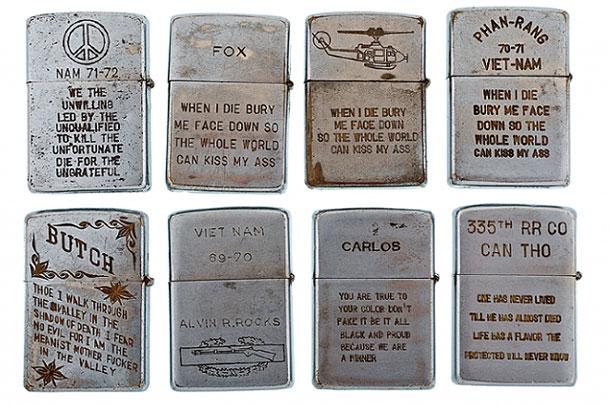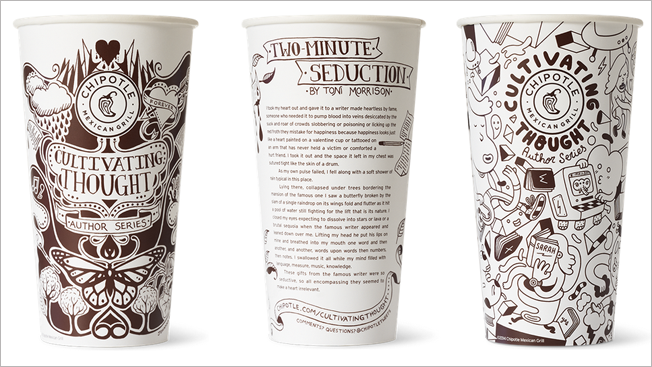Ugliness in Natalie Shapero’s Hard Child
Like a lot of people who love poetry, I’ve spent a fair bit of time pondering that famous last line of Keats’ “Ode on a Grecian Urn”: “Beauty is truth, truth beauty,—that is all / Ye know on earth, and all ye need to know.” Is Keats really saying that only things that are beautiful are true, or real, or worthwhile? Is he saying that if something is true, it’s automatically beautiful? Or, by putting those words in the mouth of an aesthetic object, is he showing its limitations? That urn, he might be suggesting, what an airhead.
Whatever the case, it’s certainly true that for most of my reading life, it never occurred to me that poetry could be anything other than beautiful. Even when–or especially when–dealing with “ugly” subject matter, poems had the job of making beauty out of ugliness, order out of chaos. But when I read Natalie Shapero’s Hard Child a few weeks ago, I realized that poetry that worked against beauty could be just as, if not more, satisfying.
Part of the allure (and the ugliness) of Shapero’s collection is the self-lacerating perspective, consistent throughout the collection. The book is called Hard Child: this is the speaker’s self-assessment, so we know what we’re getting ourselves into. If a lack of sentimentality wasn’t already expected, here is the first sentence of the poem “The Obligatory Making of Amends”: “Museums of war, they bore me.” It’s a confrontational stance, deliberately provocative, like an oppositional teenager crossing her arms and scowling through every stop on the family vacation. The speaker explains, “I’m in my thirties / and so already know every form of human / repugnance.” Like so much of Shapero’s poetry, the tone here is the poem’s most useful tool of surprise. Here, it’s scornful, but also tinged with melancholy. (And the line has the magic of recognition, at least for this reader in her thirties, who felt the line communicated an instantly recognizable truism.) “Only a child,” the speaker suggests, would be be able to learn anything from a museum of war, only one who had not yet experienced “every form of human repugnance.”
I’ve written before about the non sequitur in poetry, a particularly jarring—one might even say disruptive—technique that permeates contemporary poetry. Shapero uses it frequently and, again, it’s a technique that uglifies her poems in thrilling ways. If we think of a rhetorically coherent poem (like Keats’ “Ode” above) as being beautiful, then the use of the non sequitur disrupts that coherence and beauty. After suggesting that only children can get anything from the experience of visiting a war museum, the speaker veers: “And only a child should come to my play / about heaven, how heaven is given one year / to spend as it pleases, and elects to plummet / down here and live as a man.” The reader is paused here, suspended, as is so often the case with non sequiturs, waiting for the relationship between the play about heaven and the war museum to become clear. What could the child learn from witnessing this? Here is the lesson:
This means, of course,
a year without open Heaven, during which no one,
not even the lost, allows himself to die. People can
do that, you know—resolve to remain
until such-and-such date, for a christening or IPO
or whatever their thing is.
These lines manage to be both deliciously nasty (staying alive for an IPO!) and heartbreaking. It’s a lesson in mortality, like the war museum, that reveal the reasons, both quotidian and meaningful, that people rail against dying. And even Shapero’s speaker is willing to admit that she’s afraid of dying, too, not out of fear of missing out on Heaven, but because her body might be buried near a “hateful tree” and feed its growth with its decomposition. And here is where the poem, at its close, cracks open:
They are out there,
you know—high oaks whose limbs have offered
themselves for hangings, and I fear that my body
will slough itself down to feed one. This is how
I have spent my whole life. I have served yearlings
to tyrants. I have kept fat each war in this war
museum where only a child could hope to learn.
This section of the poem features the second use of “you know,” erasing what distance might naturally exist between this speaker and her audience. It keeps the poem’s diction lower—less “pretty”—and at the same time, we’re drawn into the urgency and horror of her belief that she has “kept fat each war” through whatever political or personal failings she imagines for herself. It’s a ugly sentiment within an ugly idea: adults are beyond redemption. But the self-incrimination of the lines subtly belies the notion, and the fact that so many of the poems in Hard Child are about the speaker’s newborn baby, there is an ember of hope here that someone has learned, will learn, from mistakes.
Even writing the phrase “ember of hope,” though, seems too sweet for Shapero’s poems. Their humor and intelligence draw the reader even as the poems retain, and revel in, their sharp angles. Take that, Grecian urn, they say. Not everything true is beautiful.


